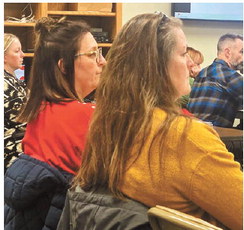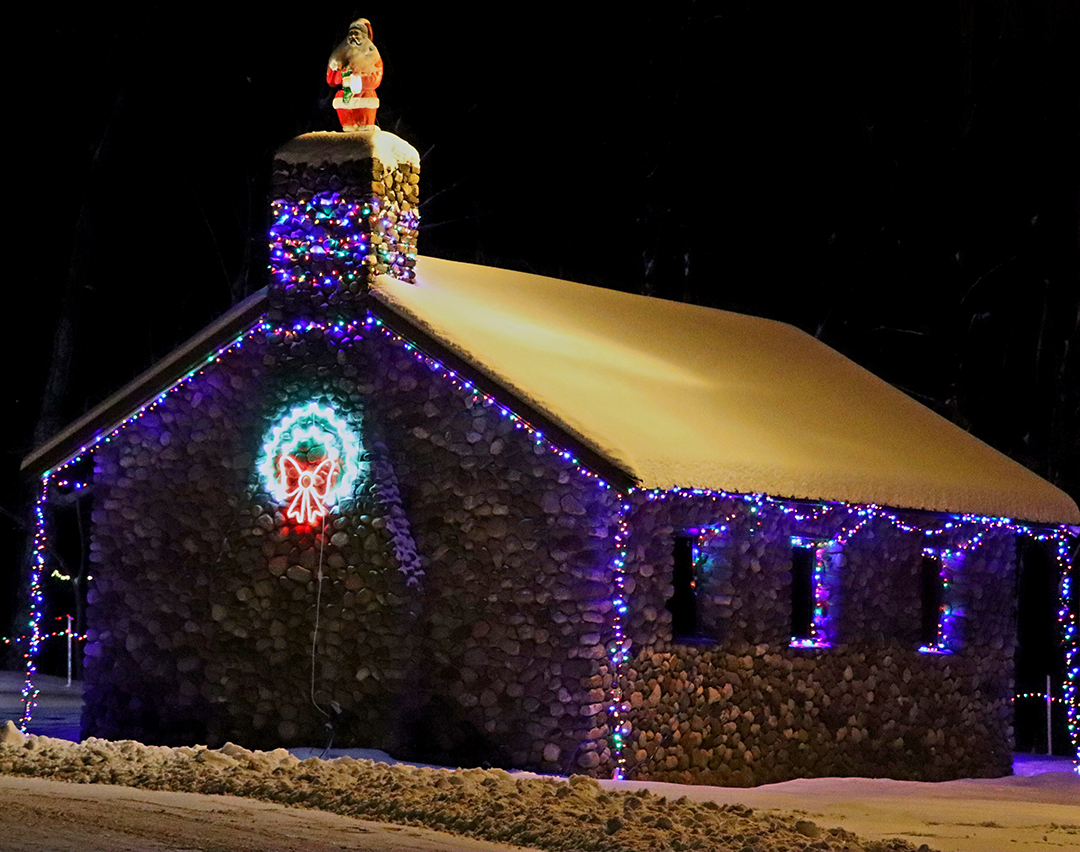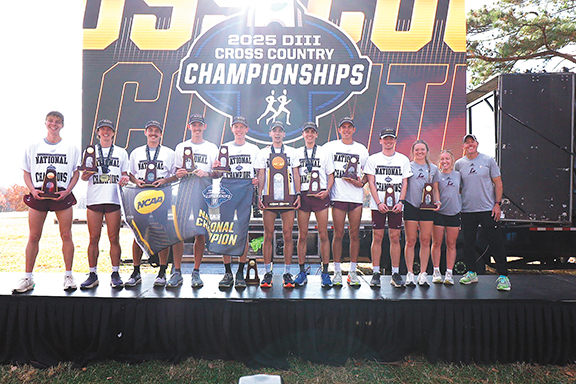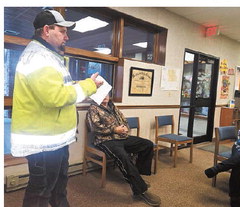It’s time that Cornell’s downtown shows what it’s made of
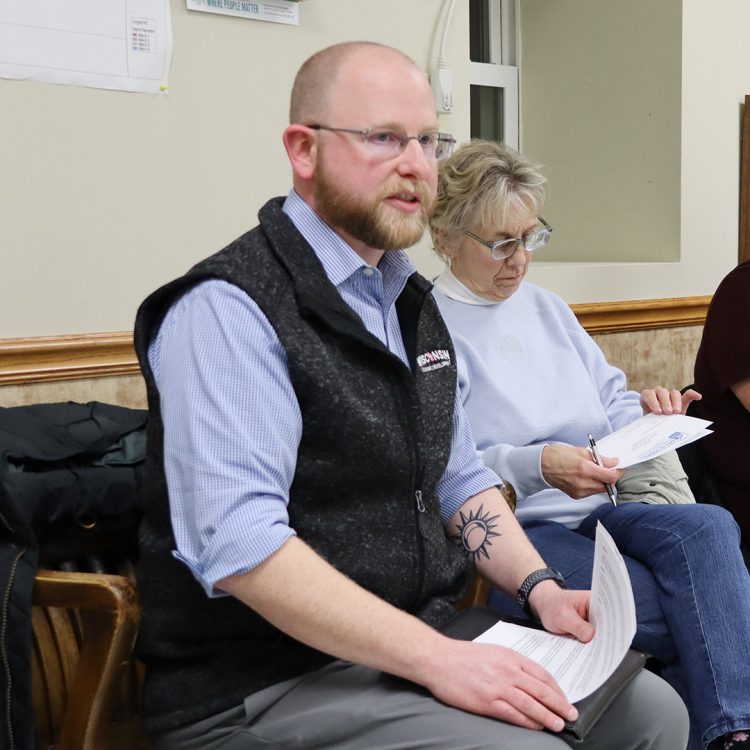

Ray French, regional director of the Wisconsin Economic Development Corporation, spoke Jan. 18, about what Cornell can do, through Connect Communities, to revitalize the downtown. ...
